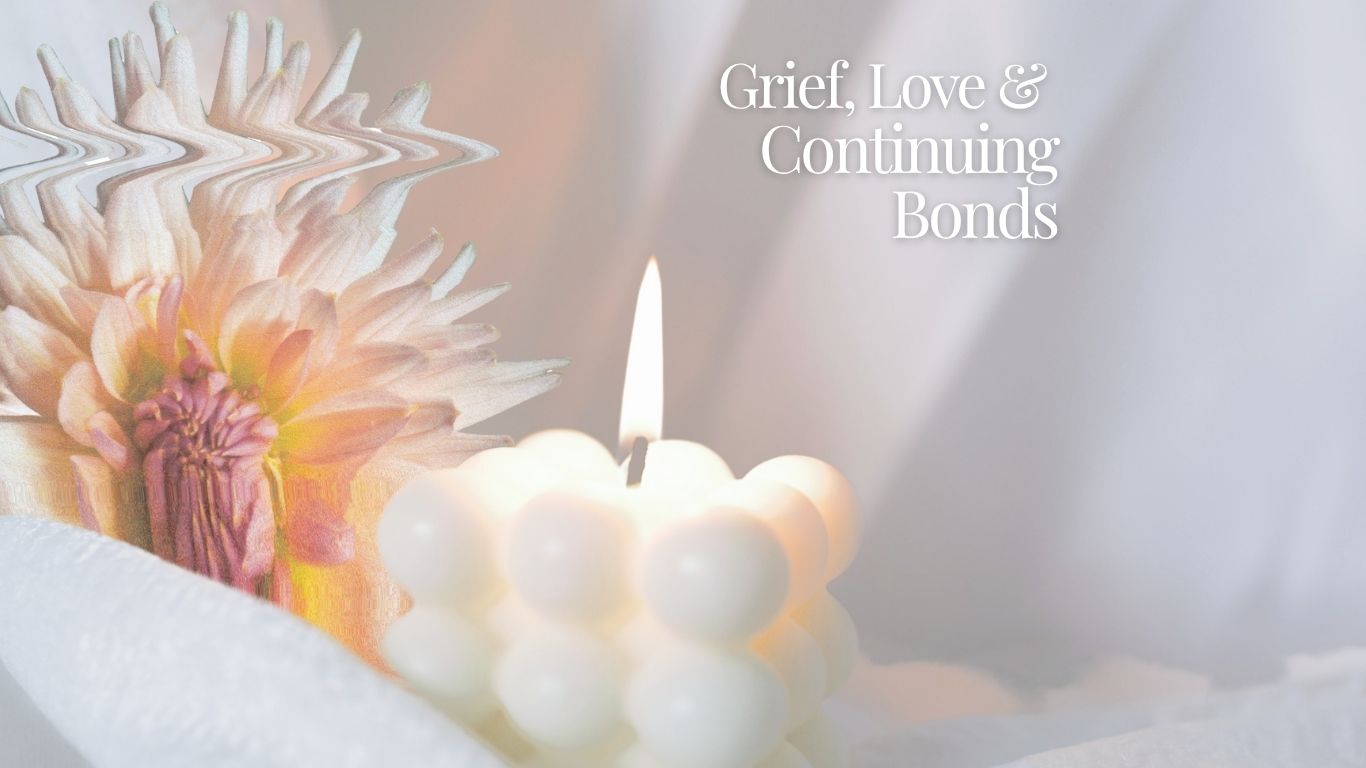Losing a baby—whether through miscarriage, stillbirth, or neonatal loss—is one of life’s most profound emotional challenges. Parents often feel isolated, overwhelmed, and uncertain how to navigate their grief. To shed light on this journey, I spoke with Deborah Cross: Fertility & Baby loss Counsellor, who shares insights into coping with baby loss, understanding grief, and finding hope when trying to conceive again.
Q: What are some of the biggest emotional challenges people face after baby loss or miscarriage?
Deborah: The emotional aftermath of baby loss cuts right to the core of our being. There is a huge sense of loss, the lost physical connection to your baby, a baby that sadly no longer thrives in the safety of your womb, a baby that now only exists in a heart that carries the weight of loss and a mind which taunts you, often playing on repeat the what if’s and if only’s, replaying your lost dreams, your lost identity as a parent in waiting, the loss of safety and security in a new world in which the ground beneath your feet no longer feels secure. You now move in a world which feels empty, you feel disorientated with feelings of guilt, shame, and self-blame. And then there’s the silence, the knowing that others have moved on while you’re still standing in the ruins of a once perfect picture.
Q: How can you support someone grieving after baby loss or miscarriage?
Deborah: Presence over well-meaning but unfitting sound bites, the best support isn’t about having the right words. Words will never fix this pain, your presence as you stand beside someone following baby loss will go some way in helping them heal.
Say things like, “I don’t know what to say, but I care about you,” or “I’m here, not just today, but in the weeks and months ahead.” NEVER begin an interaction with Mum or Dad who has just lost their baby, with the “at least you know (you can become pregnant, you can try again) these are not helpful and serve only to invalidate the most recent loss of a baby…..instead listen without interruption. Offer practical help without being asked, meals, errands, friendship or just simply company. Grief can be isolating, and your steady presence can remind them they’re not alone in it. Remember important dates, just because time moves on the grieving parents very acutely hold these dates as sacred, a simple acknowledgement on these dates will means so much.
Q: What is it like to try to conceive again after miscarriage or baby loss?
Deborah: Trying to conceive after loss is filled with a tangled web of emotions hope, fear, guilt, longing, anxiety, and sometimes even disbelief that joy could be possible again. Hope, sadness, and joy can coexist yet understanding the presence of these emotions all at once can prove difficult.
It’s a deeply emotional balancing act, wanting to move forward but not wanting to forget. It takes immense courage to open your heart again to the possibility of a new life being created, never for a moment forgetting the one that has gone ahead of you, knowing how fragile it can feel and honouring the fragility. Each milestone of a new pregnancy can trigger old wounds, memories, and flashbacks. There’s often a fear of “being to hopeful” or betraying the baby who was lost by hoping for another. These are perfectly normal emotions when navigating grief following the loss of your much-loved baby.
Q: What are common misconceptions about grief after baby loss?
Deborah: Grief never observes a linear timeline, the truth being grief never truly leaves you, but healing can and does occur at your own pace. It is a case of your life growing around the grief, not that the grief becomes any lesser. Grief following baby loss can be likened to a shapeshifter, taking on many different forms, showing itself in different ways, on different days, in different situations and circumstances. The truth is grief changes shapes, but it doesn’t disappear. Never let anyone tell you, that you should be “over it” after a certain point. Baby loss is not something you “get past.” It becomes woven into your story, into the fabric of who you are. Healing doesn’t mean forgetting, it means learning how to live with both love and loss in the same breath. Another misconception is that early losses “shouldn’t” hurt as much, but love isn’t measured in time, love is infinite. The moment a baby is dreamed of, conceived in the mind and then in the body, love begins, therefore so does the grief when that dream sadly ends with the loss of your baby coming to pass.
Q: What advice would you give to someone grieving right now?
Deborah: If you’re grieving right now, please know, there’s no right way to grieve, and there’s no timeline you need to follow. You are not broken. You are a human who loved deeply, and that love deserves space and time to be processed and honoured. Some days you’ll feel like you’re surviving minute by minute, give yourself permission to know that’s okay. Other days you might laugh, feel peace, and a sense of hope for the future, please know that’s okay too.
You are allowed to remember your baby, to say their name with pride, to fully feel their absence and the loss this creates in the world as you now know. Your grief is real. Your love is eternal and even in their absence they will forever remain your child for all of eternity. Trust your baby will help you to find peace and beauty in the world once again, trust them as they trusted you.










